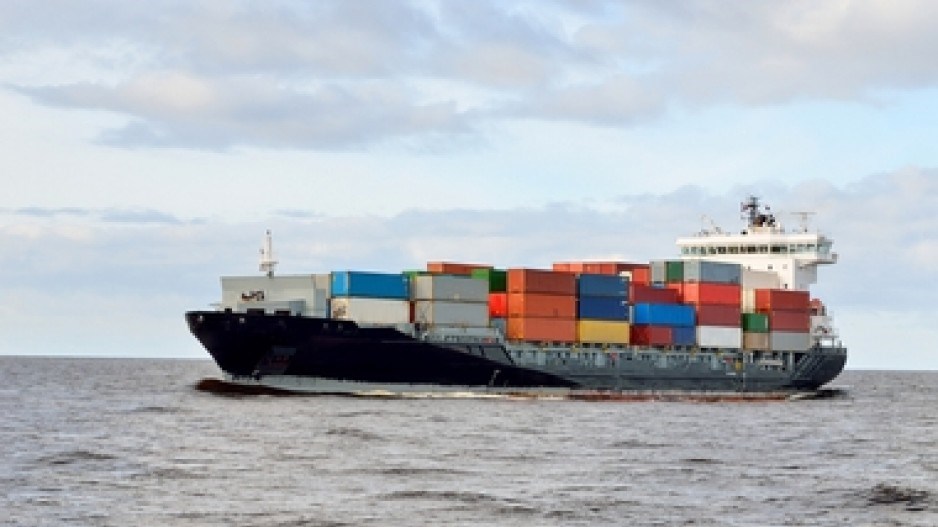A majority of Canadian firms expect trade volumes to increase in 2014, according to the results of an HSBC survey released March 18.
Canada's trade confidence index (TCI) rose to 115 – well above its historical average of 111. HSBC said this is the highest level since it began tracking data in 2010.
The survey found that 60% of companies in the wholesale/retail sector and 55% in manufacturing expect higher trade volumes.
In the short term, 58% of respondents see a positive outlook for global trade. This is up from 50% six months ago. The United States is seen as the most promising trade partner, although 65% of wholesale/retail firms are concerned about unfavourable exchange rates affecting the cost of imports.
Over the long term, emerging markets will be increasingly important for trade growth. China in particular is seen as the most promising region.
Petroleum products, transport equipment and industrial machinery are seen as the biggest areas for export growth, while industrial machinery, transport equipment and IT/communications are key for imports.
HSBC found that technology is a key area for Canada. The country has seen growth in high-tech slow down since the 2000 tech bubble, and this trend hasn't been reversed, the report said. One issue is that innovation-related tax credits are one-third of that found in the United States.
The study also found that as investors are drawn to the mining and resources sector, investment in high-tech and research and development is held back.
By contrast, emerging markets are increasingly investing in R&D. China, for example, spends about 1.8% of its annual gross domestic product on R&D – double its expenditures 20 years ago. It has now surpassed Canada, which spends about 1.7% of GDP in this area. This is down from 2.09% in 2001 and the second-lowest of all G7 countries.
"The developed economies in which the intellectual property resides still enjoy the lion's share of the spoils, but under-investment in R&D could threaten their competitive advantage, and presents an opportunity for emerging markets to gain ground on them, said Ben Arber, head of global trade and receivables finance at HSBC Bank Canada.
"The world economy is becoming more knowledge-intensive; it is essential for Canada to invest more in research and education to retain competitiveness and enhance future growth."




